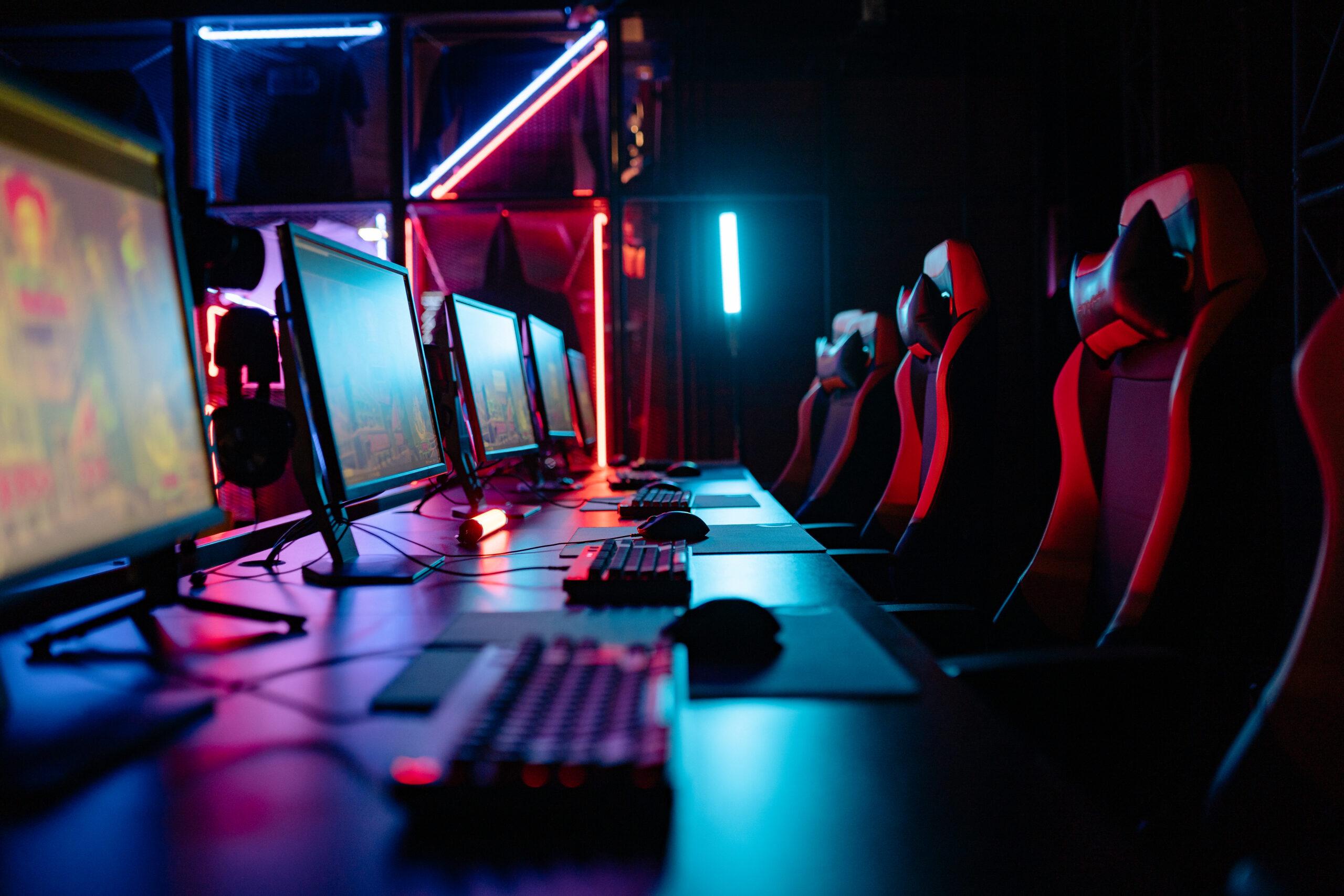
Level Up Your Play: Essential Skills for Mastering Competitive Gaming
The world of esports has exploded in recent years. Millions tune in to watch professional gamers battle it out for glory (and prize money), while countless others dream of joining their ranks. But the transition from casual player to esports competitor is a steep climb. Beyond mastering the intricacies of your chosen game, there’s a whole skillset to develop to truly thrive in the competitive scene.
Here, we’ll delve into some essential skills that will elevate your play and help you climb the competitive ladder:
1. Game Knowledge: The Foundation of Success
It all starts with a deep understanding of your game. This goes far beyond knowing the controls and mechanics. You need to be intimately familiar with every map, weapon, character, and ability. Study pro players, analyze game updates, and experiment with different strategies.
For example, in a squad-based shooter like Valorant, understanding the unique strengths and weaknesses of each Agent (playable character) is crucial. Knowing when to push a site with Phoenix’s flasbangs or how to hold down a choke point with Viper’s poison cloud are tactical nuances that separate casual players from serious competitors.
While competitive gaming offers an adrenaline-pumping challenge with the potential for esports glory, some gamers gravitate towards the thrill of online casino games. When choosing a platform for online entertainment, research is key. Look for fastest payout online casino with a strong reputation for fast payouts, secure transactions, and a diverse game selection.
2. Mechanical Prowess: Sharpening Your Tools
Beyond game knowledge, you need the technical skills to execute your strategies effectively. This means honing your aim, movement, and reaction time. Whether it’s mastering recoil patterns in a first-person shooter or perfecting last-hitting minions in a MOBA (Multiplayer Online Battle Arena), dedicate time to daily practice and drills. Popular games often have community-created training modes or maps specifically designed to refine these skills.
3. Communication: The Power of Teamwork
Esports, especially team-based games, are all about collaboration. Clear and concise communication is vital for coordinating attacks, defending objectives, and adapting to changing situations on the fly. Practice communicating callouts, strategies, and enemy positions efficiently. Learn to listen to your teammates and acknowledge their feedback.
Effective communication doesn’t stop at in-game chat. Esports teams often rely on external communication platforms like Discord to strategize and analyze replays. The ability to articulate your thoughts, listen to different perspectives, and work together towards a common goal is key.
4. Mental Fortitude: Conquering Tilt
The competitive scene can be a pressure cooker. Maintaining composure under fire is paramount. Learn to manage your emotions, especially during losses and frustrating moments. Don’t let “tilt” (a state of anger or frustration that leads to poor decision-making) cloud your judgment. Practice techniques like deep breathing and visualization to stay calm under pressure.
5. Adaptability: Evolving with the Game
Competitive games are constantly evolving. Meta strategies shift, updates introduce new features, and the overall gameplay landscape can change quickly. Top players are able to adapt quickly to these changes. Regularly review patch notes, analyze pro gameplay after updates, and be open to trying new approaches.
6. Discipline: The Grind Never Ends
The path to mastery is a marathon, not a sprint. Competitive gaming requires dedication and consistent practice. Set realistic goals, track your progress, and develop a consistent training routine. Be patient, learn from your mistakes, and don’t get discouraged by setbacks.
7. Self-Analysis: The Path to Improvement
Regularly assess your own performance. Watch replays of your own games, focusing on critical moments where things went wrong. Analyze your gameplay and identify areas for improvement. Are you making unnecessary mistakes? Can you improve your decision-making?
8. Building a Community: Support and Feedback
Surround yourself with positive influences. Join online communities or local gaming groups to network with like-minded players. Share your experiences, learn from others, and participate in friendly scrimmages. Having a supportive community can boost your morale and provide valuable feedback on your gameplay.The road to becoming a competitive esports player is challenging but rewarding. By developing these essential skills, you’ll gain a significant edge and be well on your way to dominating the competition. Remember, the journey itself is a valuable learning experience. So, keep practicing, stay focused, and enjoy the process of taking your game to the next level.


